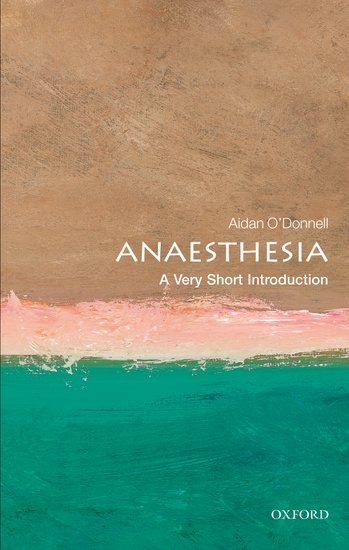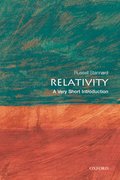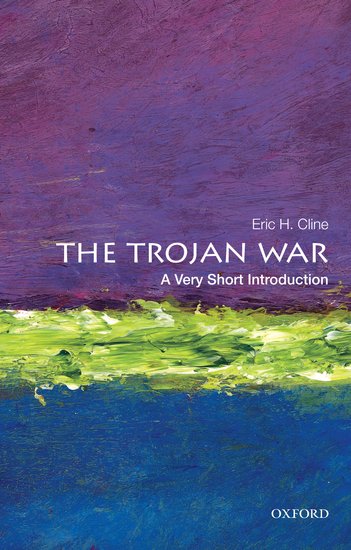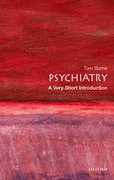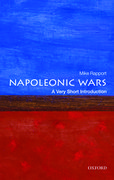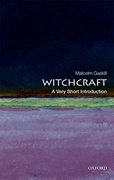Killing me softly: rethinking lethal injection
By Aidan O’Donnell
How hard is it to execute someone humanely? Much harder than you might think. In the US, lethal injection is the commonest method. It is considered humane because it is painless, and the obvious violence and brutality inherent in alternative methods (electrocution, hanging, firing squad) is absent. But when convicted murderer Clayton Lockett was put to death by lethal injection in the evening of 29th April 2014 by the Oklahoma Department of Corrections, just about everything went wrong.

